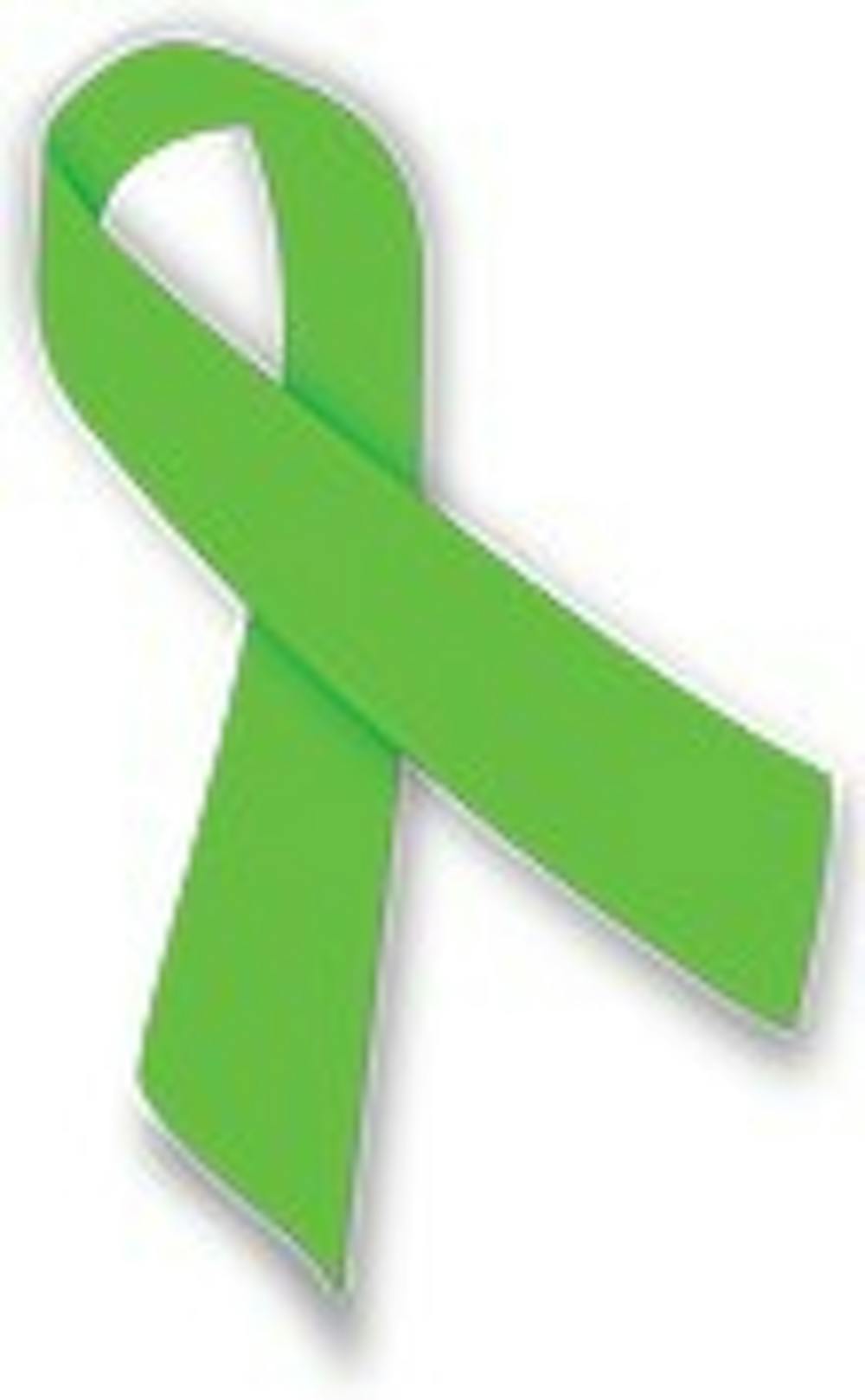Crazy, by definition, is someone who is mentally deranged or manifested in an aggressive way, according to Webster’s Dictionary. Crazy is something that not only some with mental illness refer to themselves as, but also something the public perceives them to be.
My name is Jessica Richardson. I am a third-year undergraduate student at Shippensburg University and I am what they call crazy.
However, I am not alone. More than 25 percent of college students have been diagnosed or treated by a professional for a mental health condition within the past year, according to the National Alliance on Mental Illness.
Mental illness has always been a mystery to outsiders. In the 1600s and 1700s, people believed that the mentally ill needed to be separated, whether that be in segregation terms, incarceration or an asylum, according to PBS. It was not until 1946 that President Harry Truman signed the National Mental Health Act that called for a National Institute of Mental Health to conduct research on the mind, brain and behavior to reduce mental illness. The stigma on mental illness has been around in some way or form for centuries.
Though we do not segregate the mentally ill or treat them poorly, people still perceive those with a mental illness a certain way. Even admitting to some that you have a mental illness can be shocking and get you some negative attention. Those with mental illness have been and still are referred to as crazy, incompetent or unpredictable.
“You can just think happy and be happy,” “Maybe if you weren’t so negative all the time,” “You worry too much” or, my personal favorite, “It’s all in your head,” are just a few phrases that ring in the ears of the mentally ill.
The problem for me was that I used to be one of those people. I used to believe that disorders, such as depression, were something that could be solved with just a few simple steps and that for someone to take their own life, let alone consider it, was unspeakable. That was until I experienced a traumatic event more than a year ago. Consequently, I was diagnosed with post-traumatic stress disorder. For the past year I have been suffering with anxiety and depression. I have been to the point that I thought there were no other options for recovery.
It is hard to believe in something you cannot see. It is hard to understand that someone is hurting when you cannot see the injury directly in front of you, but mental illness is real.
When I was diagnosed, it was hard for me to admit to myself that I did have an illness. I thought that I was crazy, because of how society had viewed people with the same illness as mine in the past. I thought that I was stupid because I could not simply make myself happy or calm myself down during an anxiety attack.
It took me months of agony to finally get the courage to come to terms with what I was going through and to go get the help I needed. In that time, I realized multiple things about mental illness that I believe others with a stigma on mental illness need to understand.
First, those with mental illness do not have a profile. There is no specific gender, race, geographical location or other qualifier that can determine if you will one day be coping with a mental disorder.
Second, people are not their illness. Whether someone suffers from anxiety, depression, bi-polar disorder, etc., that does not define them as a person or define what type of person they will be. Having a mental disorder does not mean that someone is unpredictable, aggressive or even crazy.
Third, there is hope for recovery for people with mental illness. I believed that I would never be able to go a day without crying, without an anxiety attack or without staying in bed all day, but each and every day was a step to a day without.
Last but not least, there should be no stigma with mental illness. Mental illness is something that can affect mood, thinking and behavior. We should get rid of the perception that mental illness makes a person not worthy, negative or crazy. It is a serious obstacle to have a mental disorder and it is a hard obstacle to overcome. The added pressure of society’s views and negativity can make things harder for those who have been diagnosed.
The stigma of mental illness needs to be broken. Those with mental illness should be celebrated for their bravery, courage and strength to overcome the challenges they face.
Crazy by definition is someone who is mentally deranged. Mental illness by definition is mental health conditions that affect mood, thinking and behavior. They are not one in the same.
My name is Jessica Richardson, call me crazy.



The Slate welcomes thoughtful discussion on all of our stories, but please keep comments civil and on-topic. Read our full guidelines here.